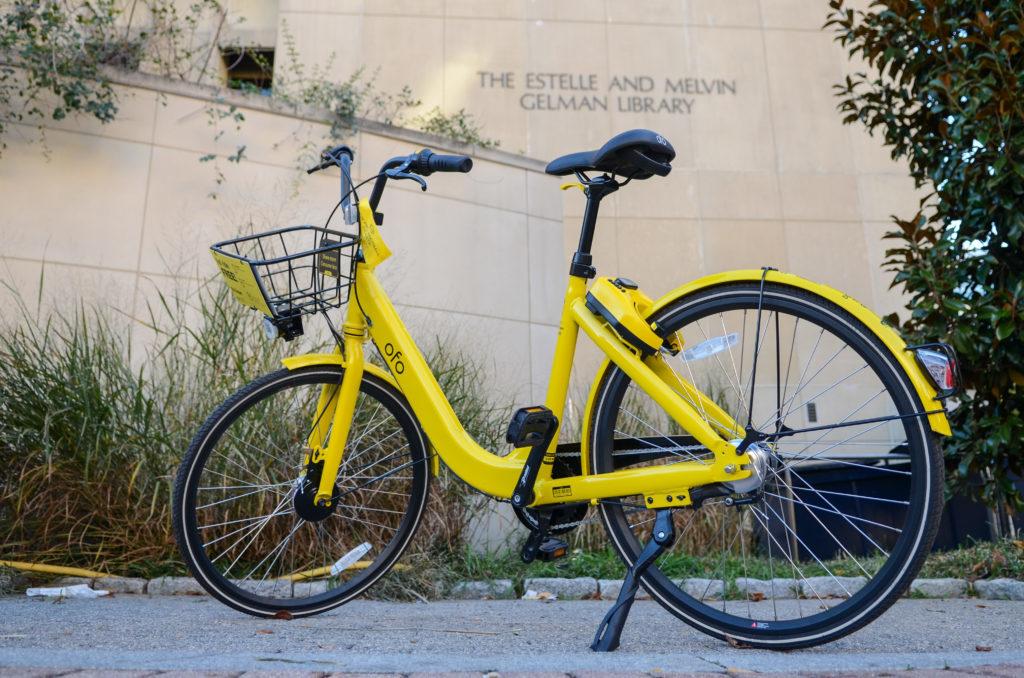Vandalization and theft have plagued dockless bikes less than a year after they first hit D.C. streets, The Washington Post reported Sunday.
Some dockless bike-share companies are now acting to improve locking and GPS tracking systems on their products after more than 300 bikes have been rendered unusable because of theft or vandalism since September. Some customers have also been using prepaid credit cards or taking advantage of improperly locked bikes to ride for free, The Post reported.
Kimberly Lucas, the District’s bike program specialist, said at a May workshop quoted by The Post that some companies have lost up to half of their fleets during their roughly nine months of operation. Each service is permitted to have up to 400 bikes in the District.
“They are being left unlocked, and somebody wants it, they need it, they take it, they drop it off, and they are just not ending the trip because they maybe weren’t required to put in a credit card on file,” Lucas said.
D.C. officials declined to make Lucas available for an interview, according to The Post, but an unnamed city spokesman said D.C.’s five bike-share companies have reported a total 326 bikes missing or vandalized.
Several Foggy Bottom residents previously opposed the dockless bike programs, citing concerns that bikes clutter sidewalks and would not be properly tracked. Local neighborhood advisory boards have hosted panels to discuss residents’ issues with and suggestions for the systems.
Jump, a dockless bike program owned by Uber, said the company’s theft-resistant technology – protected screws and cables on bikes – has kept the service from losing more than 1 percent of its fleet to thieves or vandals within six months of operation in D.C. An unnamed Jump spokesman said the company’s bikes require riders to lock their ride to a bike rack or other permanent fixture to eliminate bike litter and reduce theft, The Post reported.
“We know the location, battery status and mechanical status of our entire fleet at all times,” the spokesman said.
Some dockless bike companies dispute the claim that nearly half of their fleets have disappeared, claiming that GPS trackers allow them to easily recover bikes, according to The Post.
“When the service was brand new, there was some loss and vandalism,” Euwyn Poon, the co-founder and president of Spin, one of the bike-share companies, told The Post. “When you have a product that’s available for public consumption, you account for that. That has decreased dramatically as bike-share has become more ingrained in the public infrastructure.”





